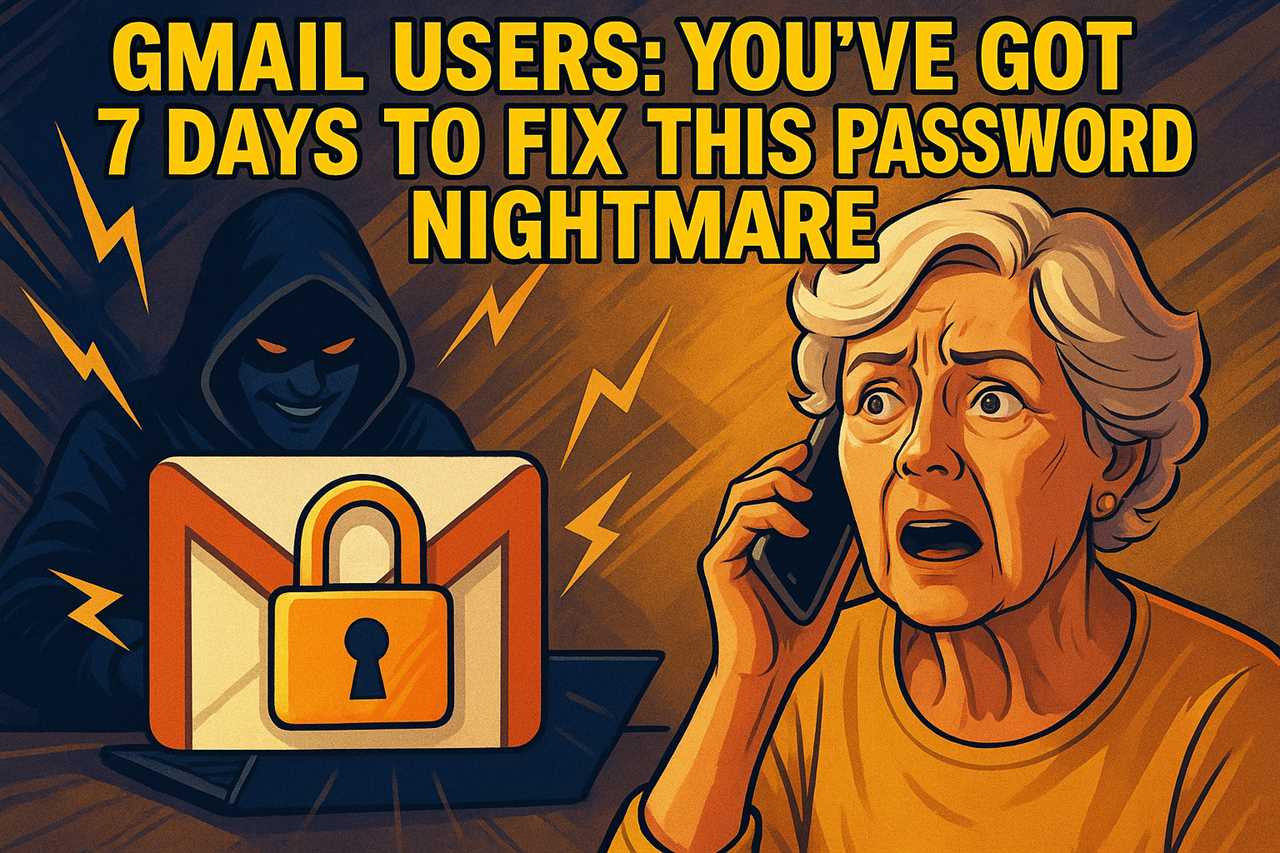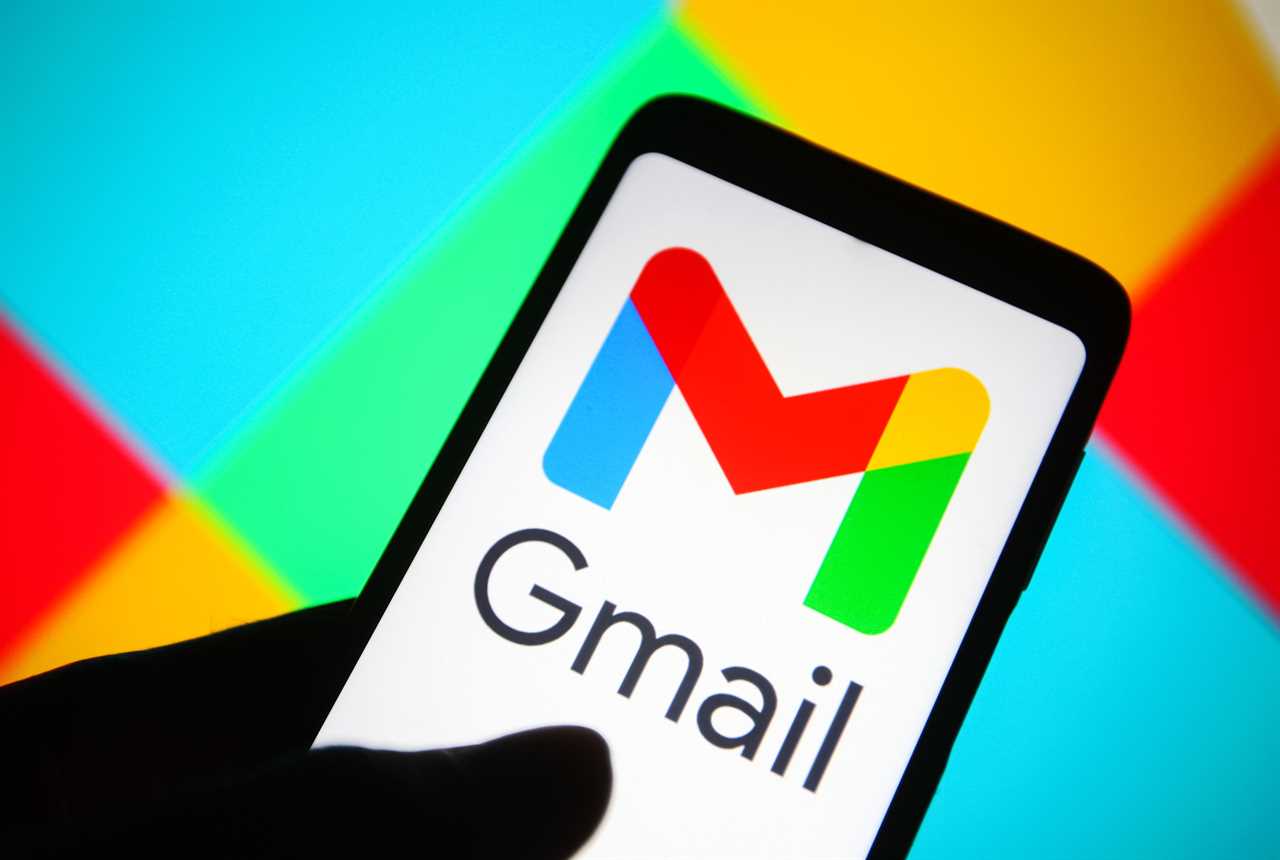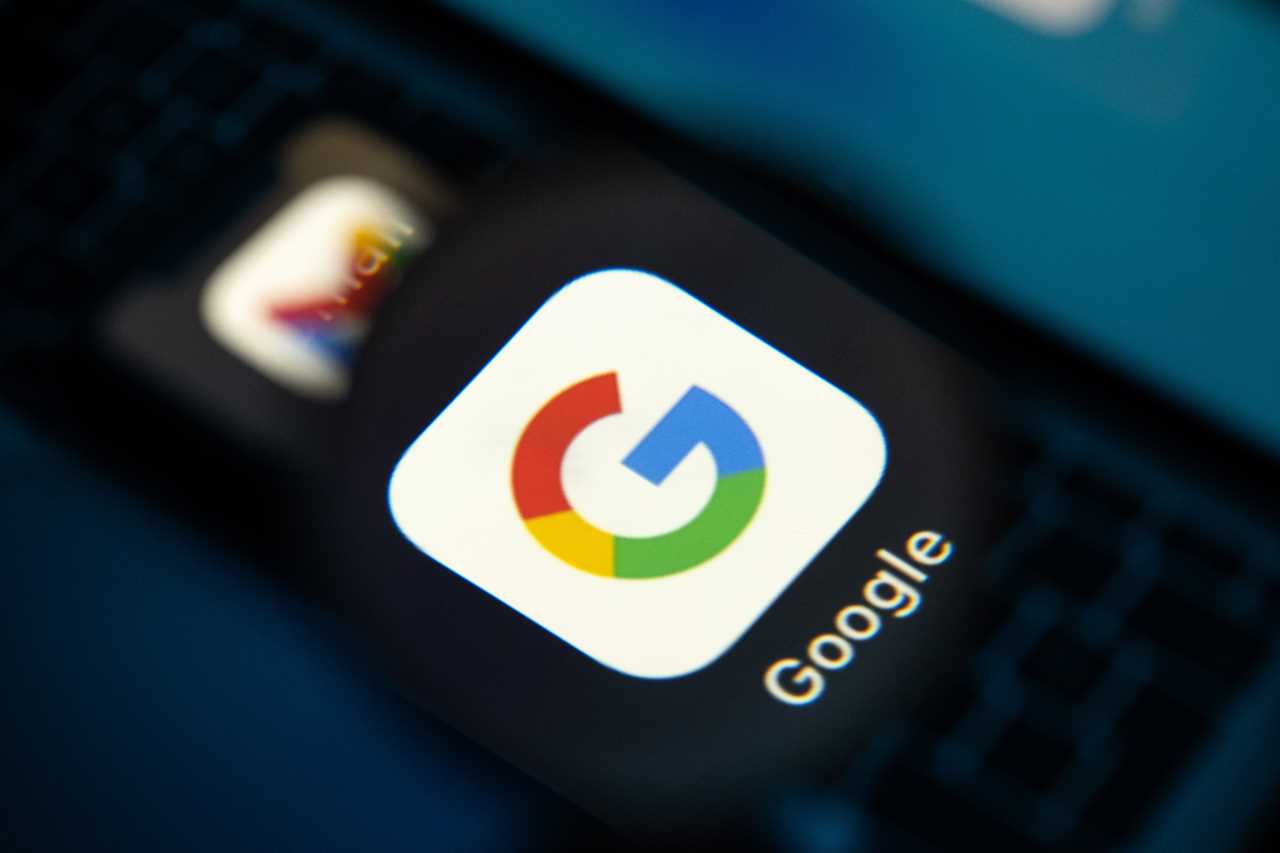
God. I just spent 45 minutes on the phone with my mom explaining how not to get scammed on Gmail. Again. The timing couldn't be worse - there's a fresh wave of these super-sneaky phishing attacks hitting inboxes everywhere, and Google's finally speaking up about what to do if you fall for one of these traps.
Let me tell you something scary.
These aren't your typical "Nigerian prince needs money" scams. We're talking sophisticated, nearly perfect replicas of Google's own security pages that are fooling even tech-savvy folks. And I almost fell for one myself last month (more on that humiliating story later).
The "Oh Crap" Moment When You Realize You've Been Had
So here's teh good news - if you DO get locked out after handing over your password to these creeps, Google says you have about a week to regain access. Not exactly generous, but better than nothing. The critical part? You absolutely need a recovery email or phone number registered with your account. Right now. Like, stop reading and go check if you have this set up.

Seriously. I'll wait.
Back? Good. This recovery info is what lets you answer security questions and verify your identity to change your password after a hack. Without it, you're basically screwed.
That Time I Almost Lost Everything
This whole mess reminds me of what happened to my colleague at the tech magazine where I freelance. He got an email that looked EXACTLY like it came from Google, claiming he'd been served with a subpoena and needed to respond. The email even passed Google's own security checks! No red flags, no warnings.
The first person to spot and report this scam was Nick Johnson, who works as a developer at Ethereum (the crypto platform). He shared screenshots of the entire process - from the initial email to the fake Google pages asking for login credentials.

What makes this attack particularly nasty is how the scammers created perfect replicas of Google's support portal. Johnson clicked through "Upload additional documents" and "View case" buttons that led to pages indistinguishable from the real thing.
Seven Days? Seriously?!
A Google spokesperson confirmed they're "aware of this class of targeted attack" and have "rolled out protections" against it. Whatever that means. They're also pushing users to adopt two-factor authentication and passkeys, which supposedly provide stronger protection.
I implemented 2FA back in 2018 after losing access to an old work account. Cost me $4K in missed freelance payments because I couldn't access crucial emails. Never again.
What These Scammers Are Actually Doing
Johnson didn't complete the entire scam process (smart man), but explained that after clicking through to the fake Google pages, "they harvest your login credentials and use them to compromise your account."

The truly terrifying part? These emails even appeared alongside legitimate Google security alerts in users' inboxes. Talk about wolves in sheep's clothing.
One of my editor friends got hit with this last week. His response: "already updating my resume and LinkedIn because I'm definitely getting fired if I lose all our contacts." Poor guy spent the weekend in a panic before realizing he hadn't actually entered his password.
How to Not Be the Next Victim
Google has supposedly fixed the weakness that allowed this specific attack to work. But let's be real... these scammers are like cockroaches. Squash one method and they'll find another.
The most important thing to remember (and I've now taped this to my monitor): Google will NEVER ask for your password, one-time codes, or ask you to approve push notifications through an email. And they definitely won't call you.
Listen. We're all vulnerable to these attacks. Even those of us who write about tech for a living. The scammers are getting better, and our defenses need to keep up.
Now if you'll excuse me, I need to go help my dad set up his recovery email. Again.
Did you miss our previous article...
https://hellofaread.co.uk/technology/your-expensive-tech-is-about-to-die-in-2025-and-theres-nothing-you-can-do-about-it
 SPORTSPOLITICSROYALTECHNOLOGYMONEYSCANDALFEATUREDPrivacy PolicyTerms And Conditions
SPORTSPOLITICSROYALTECHNOLOGYMONEYSCANDALFEATUREDPrivacy PolicyTerms And Conditions
